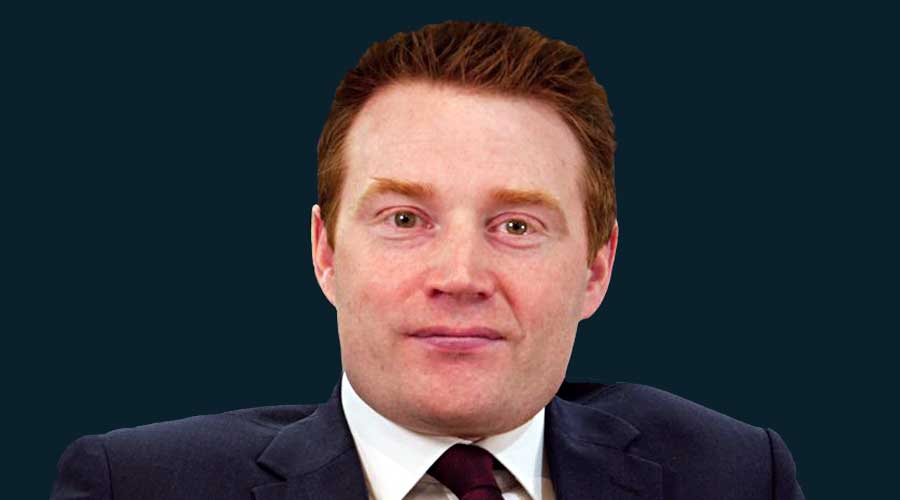How to address the net-zero challenges
With 128 fund managers having signed up for the Net Zero Asset Managers initiative commitments, one of them has spelled out just how difficult the path to net zero will be for both managers and investors.
Martin Currie, the global equities manager, says in a report published last week (July 15), ‘Quantifying Decarbonisation‘, that it will be working with its clients over the next 12 months to map out plans, which will also involve setting one or more interim targets to be re-evaluated at least every five years.
Net Zero Asset Managers confirmed a rush of new member firms early this month, including Martin Currie and its multi-affiliate parent, Franklin Templeton. The signatories so far speak for US$43 trillion under management.
One part of the problem, however, is the poor disclosure on carbon emissions by listed companies so far. The Martin Currie report, part of its ‘Stewardship Matters’ series, says that only 59 per cent of the 2,854 companies represented in the MSCI All Countries World Index have disclosed emissions in the ‘scope 1’ and ‘scope 2’ categories and only 40 per cent disclosed theirs for scopes 1, 2 and 3.
(Scope 1 is for greenhouse gas emissions for company-specific direct emissions, scope 2 for indirect emissions due to electricity usage, and scope 3 for upstream and downstream value-chain activities.)
Martin Currie increasingly uses all three categories of emissions for its ESG analysis and engagement and have developed innovative carbon measurement tools that include scope 3 emissions to assess shadow carbon costs and how companies are placed in the transition to a lower carbon future.
John Gilmore, Martin Currie Stewardship and ESG specialist, says there is an increasing number of companies setting out their ambitions to align with those of the Paris Agreement. But assessing their authenticity “is the next challenge”.
It is helpful to get external verification of the targets and a view of the degree to which they are aligned with climate ambitions, he says.
“How companies integrate their approach to climate change and assumptions about the future into their financial accounts is also increasingly in focus, and a useful tool of measurement. Investors are interested in how the narrative is reflected in financial assumptions, with auditors expected to challenge and hold management to account where these do not line up.”
Gilmore says in the report that the manager assessment process starts with corporate disclosures, particularly regarding emissions targets. Martin Currie also expects companies to identify, manage and integrate associated risks and opportunities into strategy.
The expectations help the manager frame its engagement program with companies. “There is an increasing emphasis by our investment team on accountability with regards to director and audit-related climate matters,” he says.
Martin Currie covered 27 markets in its engagement program for the first six months of this calendar year. A total of 147 companies were engaged, of which 40 involved “environment engagement on climate change”. There were 361 total engagements with the companies, with Pan Asia generating the most (161), followed by Europe (103) and Australia (45).
The three main commitments of Net Zero Asset Managers members are:
- Work in partnership with asset owner clients on decarbonisation goals, consistent with an ambition to reach net zero emissions by 2050 or sooner across all assets under management
- Set an interim target for the proportion of assets to be managed in line with the attainment of net zero emissions by 2050 or sooner, and
- Review our interim target at least every five years, with a view to ratcheting up the proportion of AUM covered until 100 per cent of assets are included.
There are also 10 specific items each member agrees to in order to fulfil its commitments.

Julian Ide, Martin Currie’s chief executive, says: “We recognise that decarbonisation is a journey with significant challenges. For us as investors, the key is about how we can work in partnership with our clients and our investee companies to facilitate this journey…
“Taking action on such a commitment is no small task and we will spend the next 12 months engaging with clients and conducting detailed analysis of portfolios with the intention of setting out our own specific targets in relation to aligning portfolios with net zero by 2050.”
Note: Martin Currie is a sponsor of Investor Strategy News. The views expressed are those of the author and not necessarily those of Martin Currie.











